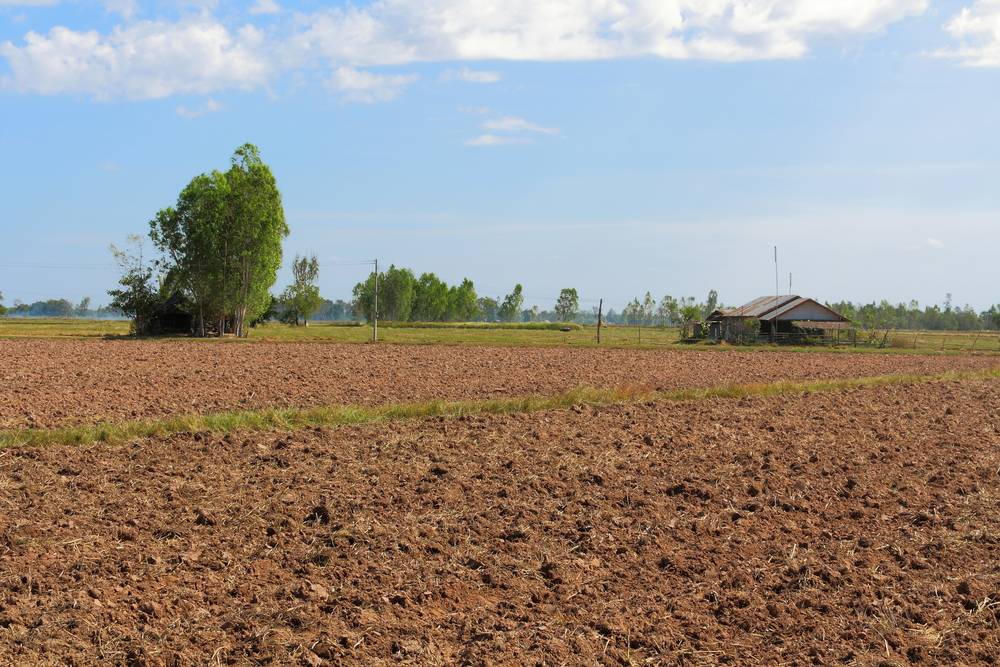The Minister of Housing and Urban Development, Ahmed Dangiwa, has announced that the ministry is targeting a 50% increase in the formalisation of land transactions across Nigeria over the next decade. This initiative aims to unlock over $150 billion in dead capital, which could contribute to a 30% increase in Nigeria’s Gross Domestic Product (GDP).
Dangiwa made this disclosure at the 2025 Sector Retreat of the ministry, held in Lagos, with the theme: “Actualising the Renewed Hope Agenda for Housing and Urban Development: Examining Strategies, Identifying Opportunities to Boost Scale and Impact.”
Collaboration with the World Bank for Land Reforms
As part of efforts to formalise land transactions, the ministry is working with the World Bank in partnership with state governments to implement a National Land Registration and Titling Programme. The first technical mission from the World Bank took place in November 2024, with a second mission scheduled for March 2025.
Dangiwa stated, “The plan is to increase the formalisation of land transactions in the country by 50% over a 10-year period. This would unlock over $150bn in dead capital and help increase Nigeria’s GDP by 30%.”
Institutional Reforms and Housing Development Plans
The ministry is also focusing on institutional reforms to enhance housing development and affordability. Some of the key initiatives include:
- National Social Housing Fund: Aimed at financing affordable housing for Nigerians.
- Building Materials Manufacturing Hubs: Expected to reduce construction costs and increase access to affordable housing materials.
- National Urban Renewal and Slum Upgrade Programme: Over 100 projects have been completed nationwide to improve housing conditions in semi-urban, rural, and village areas.
Dangiwa assured stakeholders that 2025 would be a year of action, stating, “We have a big housing problem, and we intend to approach fixing it in a big way. Small efforts will not take us anywhere.”
Policy Framework for Sustainable Urbanisation
The housing ministry has developed a National Urban Development Policy (NUDP) in collaboration with UN-Habitat. The policy is currently awaiting Federal Executive Council (FEC) approval and aims to provide a framework for sustainable urbanisation over the next 10 years.
Dangiwa explained, “The policy outlines a framework for coordinating a 10-year program of action for sustainable urbanisation. Through this, we aim to domesticate and customise the goals of signed international policies, operationalise national policies in multiple sectors, and create cities that work for all residents.”
Additionally, the ministry is reviewing the National Housing Strategy Report 2023, which was initially developed with input from FMDQ, PwC, and other industry stakeholders. However, given the macroeconomic changes in recent years, the strategy will be updated to reflect current realities.
Establishing a Real Estate Regulatory Authority
Dangiwa also revealed that the ministry is working on a framework for the establishment of a Real Estate Regulatory Authority. This initiative is being spearheaded in collaboration with the House of Representatives Committee on Housing and Habitat, led by Abdulmumin Jibrin.
He further emphasized the need to ensure that properties are used strictly according to designated city plans, noting that the House Committee on Urban Development, chaired by Abiante Awaji, has raised concerns about zoning compliance.
Conclusion
The Ministry of Housing and Urban Development is set to drive comprehensive reforms in land registration, urban planning, housing finance, and regulatory oversight. By leveraging technology, working with international partners like the World Bank, and engaging key stakeholders, the ministry aims to boost economic growth, improve housing conditions, and formalise land ownership across Nigeria.
With 2025 declared a year of action, these initiatives are expected to play a pivotal role in addressing Nigeria’s housing deficit and urban development challenges.













